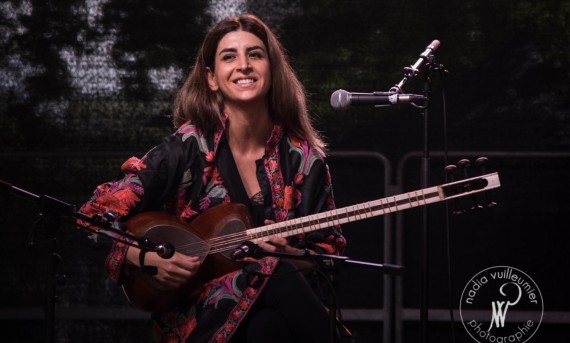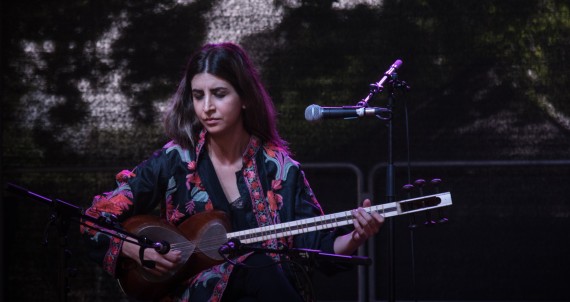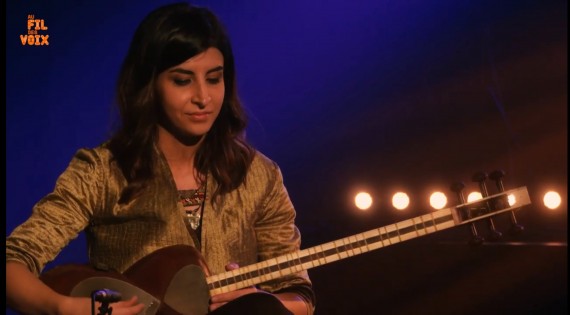adem
d'ethnomusicologie
Iranian luths : Tar and setar
Sogol Mirzaei
Orient | Instruments & repertories

Traditional Persian music is the result of a rich history of evolution and exchanges around what is now contemporary Iran, which makes its music one of the most refined modal forms in the world. Improvisation holds a fundamental place within it and is based on a complex system involving a great number of essential melodies that make up its repertoire, the radif. Learning this subtle art requires the integration and articulation of these melodies through practice of one or several of its instruments, as well as the numerous techniques of ornamentation that belong to them.
This class offers training in traditional Persian music through introductory or advanced practice of two of its principal instruments: the târ and setâr lutes.
Classes are open to all – from beginners through to advanced – and adapt according to the needs of the student. However it is necessary to bring your own instrument (though Sogol can offer help in acquiring one if needed).
Depending on personal preferences, the vast Persian repertoire can be approached through the oral tradition or by musical notation, as is the current practice in Iranian conservatories.
Bio
Sogol Mirzaei is today one of the most faithful representatives of râdif, the learned music of Iran, which she performs on the târ and setâr lutes. Trained at the Tehran Conservatory, she moved to France in 2006 to pursue her career as a concert performer and her studies in musicology at the Sorbonne, where she is currently working on a doctoral thesis.
Today she performs throughout the world as a soloist or in Persian music ensembles (Atine, Duo Rokhs) and original creations (Ensemble Chakam which she founded in 2014, Sowal Diabi with Mamani Keita), where her inspired compositions accompany the authentic tradition.
PLACE :
Ateliers d’ethnomusicologie
10, rue de Montbrillant - 1201 Geneva
TIMETABLE :
One per month :
Saturday : 10h-20h
Monday: 10h-20h
Prochaines dates : To confirm with the professor
FEES :
70 EUR 60 min lesson
110 EUR 90 min lesson
CONTACT :
T : sogolse@gmail.com


Discover other classes
Oriental & Egyptian Dances
Private or video lessons on request
VIVIAN' ADAYA
Viviana sees Oriental dance as a unifying force in its traditional form, because it touches upon one’s deepest being. The dance remains both sacred and feminine for her. She recognises the therapeutic powers of dance and it is with this in mind that she transmits her knowledge.
Afro-fusion dances - adults
NEW COURSE FOR ADULTES
Dominique Rey
This class will explore the language of contemporary African dance, its energy and rhythms.
Hispanic American Guitar
Paco Chambi
Paco Chambi teaches guitar classes based on the Latin American music tradition (classical and popular), but also teaches other repertoires according to the interests and requests of the students.
Bharata Natyam
Sujatha Venkatesh
Bharat Natyam is the most ancient style of traditional dance in India. It is a difficult and complex dance, in which each movement of the body (abhinaya) and each hand gesture (mudra) holds symbolic meaning. What appears to be so fluid, graceful and easy demands lengthy training and daily practice.